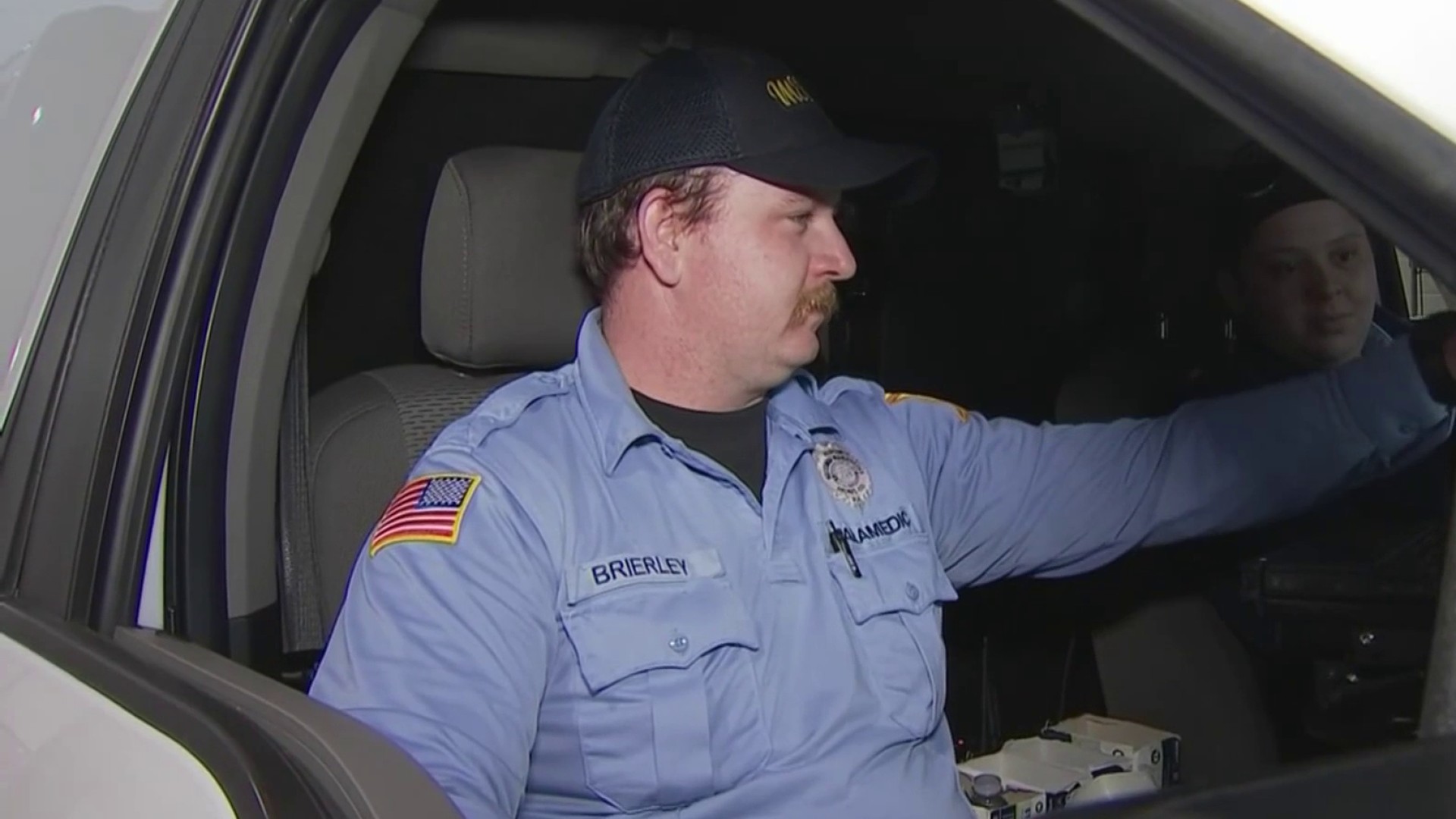Nearly 900,000 adults and children in Pennsylvania would be eligible for federal help to pay for health insurance through a marketplace that is supposed to start up next year, a health care advocacy group said Wednesday.
The group, Families USA, released a report Wednesday that said the vast majority of those nearly 900,000 are working full or part time. Many families making up to 400 percent of the federal poverty level, or $94,200 for a family of four in 2013, would get a tax credit to help pay for a private insurance plan, while low-income people will be steered to safety-net programs like Medicaid.
About 65 percent of those eligible are 18 to 54 years old, said Families USA, which is based in Washington, D.C. Almost 20 percent are younger than 18, and the rest are 55 or older, the group said.
Gov. Tom Corbett's administration doesn't have its own estimate for how many people could get a tax credit. A consultant estimated in 2011 that about 2.1 million people "may participate within" Pennsylvania's health insurance marketplace in 2014.
The marketplaces are an element of the 2010 federal Affordable Care Act, which Families USA supports.
A family of four with an annual income of $23,500 to $94,200 would be eligible for a tax credit on a sliding scale to help lower the cost of health insurance. Tax credits will be worth thousands of dollars to cap spending on health insurance premiums at 9.5 percent of a person's income for higher earners and to lower it to 3 percent of income for the lower earners.
Pennsylvanians making less would be eligible for coverage through Medicaid, but only if Corbett, a Republican, and state lawmakers decide to raise the program's income eligibility guidelines. The Families USA analysis assumes that Pennsylvania agrees to expand Medicaid eligibility, the cost of which would be largely shouldered by the federal government.
Local
Breaking news and the stories that matter to your neighborhood.
Rejection of the Medicaid expansion would potentially leave large numbers of Pennsylvania's poor uninsured.
The marketplaces are envisioned as online stores in each state that function as a way for people to shop for health insurance. Consumers would be able to interact with the marketplace online but could also apply by mail or telephone. The marketplaces will provide both individual and small business coverage.
About 1.35 million are uninsured, according to the U.S. Census Bureau.
Enrollment to participate in the exchanges is supposed to begin Oct. 1. Under the law, virtually all Americans must carry health insurance starting next year, though most will just keep the coverage they now have through their jobs, Medicare or Medicaid.



